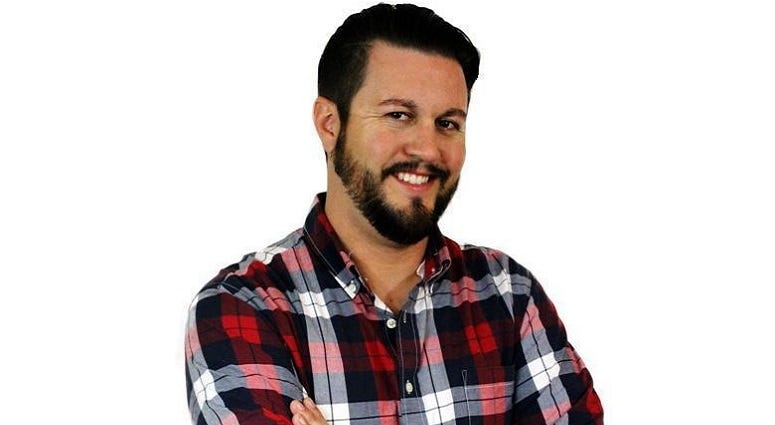
The story of baseball is well intertwined with the story of America. It's not the national pastime for no reason.
Huge swaths of Americans have stories of watching games with their grandparents. Those grandparents had stories of watching with theirs. The overwhelming majority of us have the memory of our first visit to a Major League ballpark engrained in our memory, and tell that story over and over.
Telling the story of baseball is an important task. The game has stagnated as the popularity of other sports has grown with younger generations. Connecting the old memories of the sport with the experiences of the younger generation are one of the critical steps required to prevent baseball from slipping further out of the view of sports fans around the nation.
Every story has a protagonist, around whom the tale story centers. The hero, about whom the legend is told.
And every story has an antagonist, the villain who creates the conflict through which our hero trudges, against all odds, to emerge victorious.
The antagonist frequently resorts to underhanded tactics to gain an advantage over the protagonist, cheating and lying and stealing to lengthen the odds that must be overcome to accomplish a great feat.
On Tuesday, the Baseball Writers' Association of America will reveal their ballots for the Hall of Fame Class of 2022, and a host of players who were at the center of the game for many years will face their last opportunity for enshrinement.
Jeff Passan of ESPN wrote a very compelling article, arguing that baseball's story can't be told without Barry Bonds, and that the slugger and the all-time home run leader should go in without hesitation.
But I have an issue with that.
Barry Bonds, and a number of other players from that era, cheated. It's known they cheated. Some were proven to have cheated, others, like Mark McGwire, outright admitted it.
And placing them in the hall alongside those that did not cheat places them on the same level, celebrating achievements that they would not have made without help.
I have no doubt that there are already cheaters in the Hall of Fame. And there will be more added through the future. But, those cheaters weren't caught, and as unfortunate as it is, that's how it works. Prove they cheated, and I'm happy to remove their names.
Passan and others argue that the Hall of Fame's mission is to "tell the story of baseball."
I disagree. The Hall of Fame is not to tell the story of baseball - it is to tell the story of those who accomplished excellence in baseball. The story of baseball cannot be told without its villains, without its adversity.
But that's not what the Hall should be for. The hall should for celebrating those who accomplished something that others could not, using only their natural abilities to do so.
"But Rob! There are racists and drunks and bad people throughout the hall already!"
Correct. But I'm not arguing that Bonds and others shouldn't get in because they're jerks, as some do. It has nothing to do with what they did away from the field, and everything to do with what they did on it.
Barry Bonds would've gone down as arguably the greatest contact hitter of all time, but without steroids, there's no chance he would've become the home run "king."*
Mark McGwire and Sammy Sosa created the most drama filled summer in baseball history, with ESPN checking out of live sports to cut in on a single at bat for either, as they both tried to run down Roger Maris. And it's likely that drama doesn't happen if they didn't cheat.
But they did. And we shouldn't celebrate that.
Let's use an analogy that I'm absolutely sure will cause exactly zero contention in this thread, but I'm feeling froggy.
The recent debate has been about Civil War statues positioned around the United States. And the argument always devolves into two positions:
1) you can't erase history
and
2) we shouldn't celebrate that particular history
Placing those statues into institutions of education, into museums dedicated to telling the tale of how the United States entered that predicament, and what was required to save the Union, is what we should strive for. You're not erasing history at that point. Quite the opposite: you're proposing to keep that information, those people, in a place where others can learn the history, good, bad, and ugly about them.
But, say, in the Capitol Rotunda, where the heroes of American History are celebrated, you wouldn't place a statue of a general who led a foreign army against the exact same building, attempting to overthrow it.
There's a difference between honoring someone, and educating about them. I agree with Jeff: the history of baseball cannot be told without including McGwire and Sosa and Bonds and others who blatantly broke the rules of the game in order to accomplish great things.
But we don't need to honor those that cheated while we tell that story.
And there is a difference...
